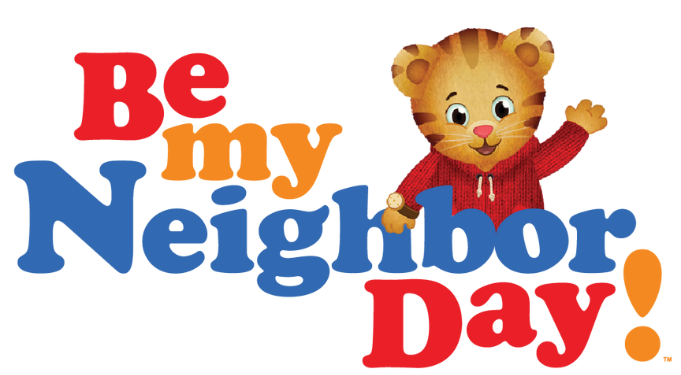The Wakefields And Remembering Rex Stephenson, Inside Appalachia
This week, we remember Rex Stephenson. He’s known for his stage performances of the Jack Tales, which have captivated school kids since the ‘70s. Also, keeping the family farm going after six generations can be rough. And, some parts of southern Appalachia still practice the tradition of keeping up community gravesites for Decoration Day.
Continue Reading Take Me to More News





















